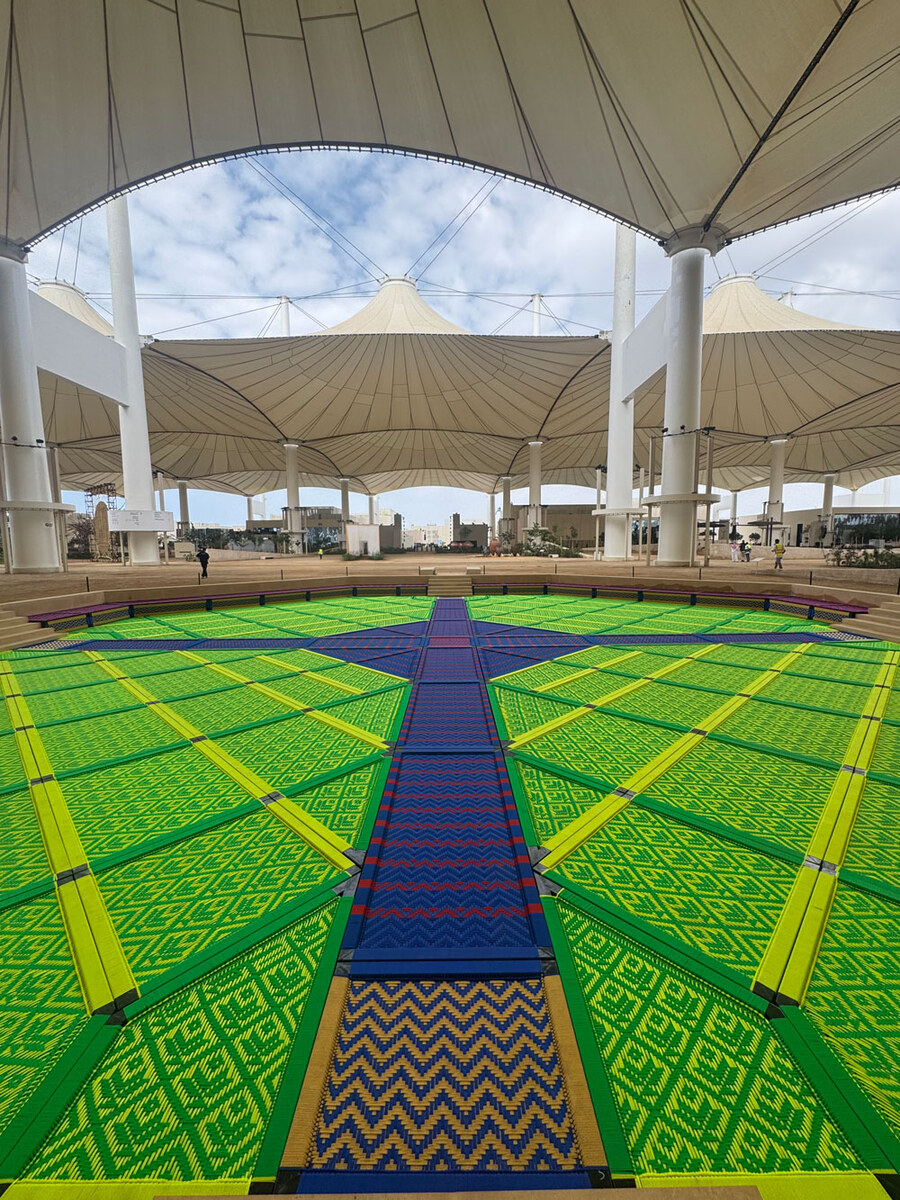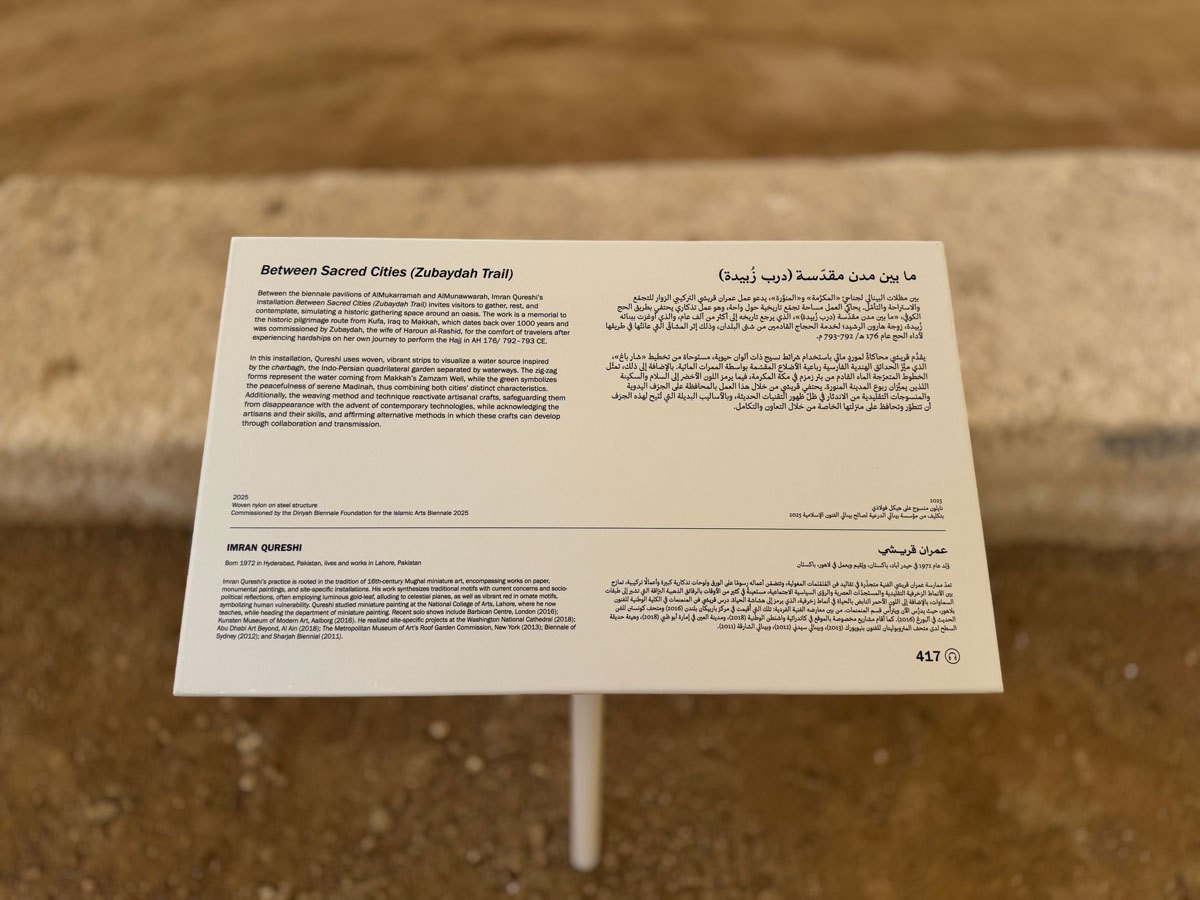Boost your health during Ramadan
As we near the last week of the Holy Month, temperatures in the Gulf have risen sharply and it’s safe to say that the heat is officially on. Fasting in such a climate can lead to a host of health issues, including dehydration, headaches and nausea. Follow these expert health tips to ensure the last 10 days of Ramadan are as comfortable as possible.
Stop dehydration and headaches
The human brain consists largely of water and is sensitive to any drop in supply. To protect the brain, the body starts retaining any water that is available and that’s what we call water retention. To avoid dehydration — and the ensuing headaches — make sure you drink at least 8 cups of water overnight, cut excessive sweets, salts and caffeine, have a balanced meal for suhoor and avoid being exposed to direct sunlight during the day.

Avoid nausea
Nausea during the fasting hours can be avoided if you do the following during the non-fasting hours: Stop having large, too hot or too cold meals. Cut the heavy salad dressings and drink your water 30 minutes before eating or one hour after the meal.
Cancel out heartburn
Even though fasting decreases the amount of acids that your stomach produces, just smelling or thinking about food sends signals to the brain to make more acids. To stop heartburn, avoid fried and very spicy foods, tomato sauces and sodas. Need an extra tip? Sleep on your left side to prevent heartburn while taking your nap!
Relieve constipation
The leading cause of constipation is the lack of fiber in your food. Have more fiber rich foods, such as green vegetables, legumes and whole fruits. Dried plums are the best for immediate relief.

Say goodbye to acne
Acne breakouts are relatively common among sufferers in Ramadan. As it is highly linked to dehydration, drinking water will help your skin stay well hydrated and will help keep the pimples at bay. Substitute your sodas and juices with water, cut the chocolate and the heavy spices and enjoy your radiant skin.
Prevent muscle cramps
To prevent muscle cramps, eat foods that are rich in calcium and magnesium, such as fruits, vegetables, dairy products and meat.




























